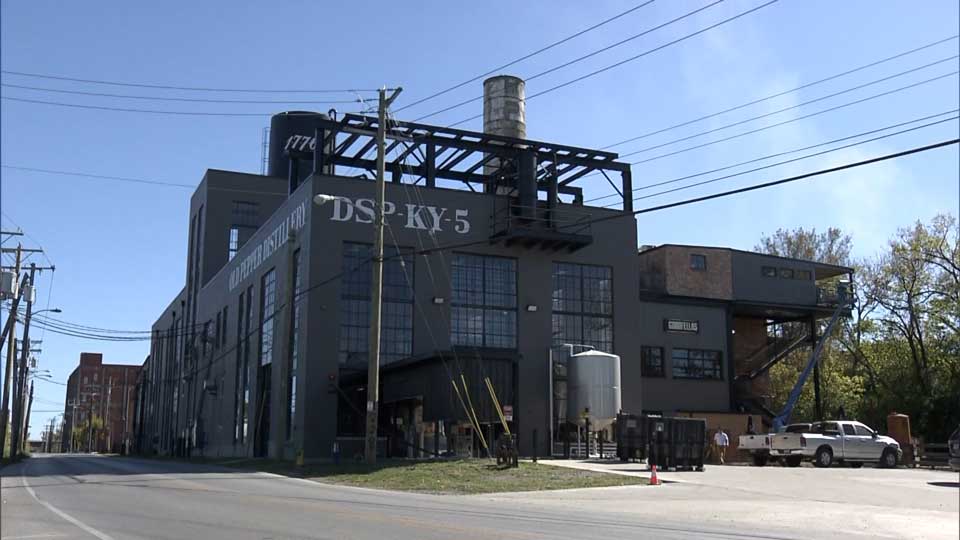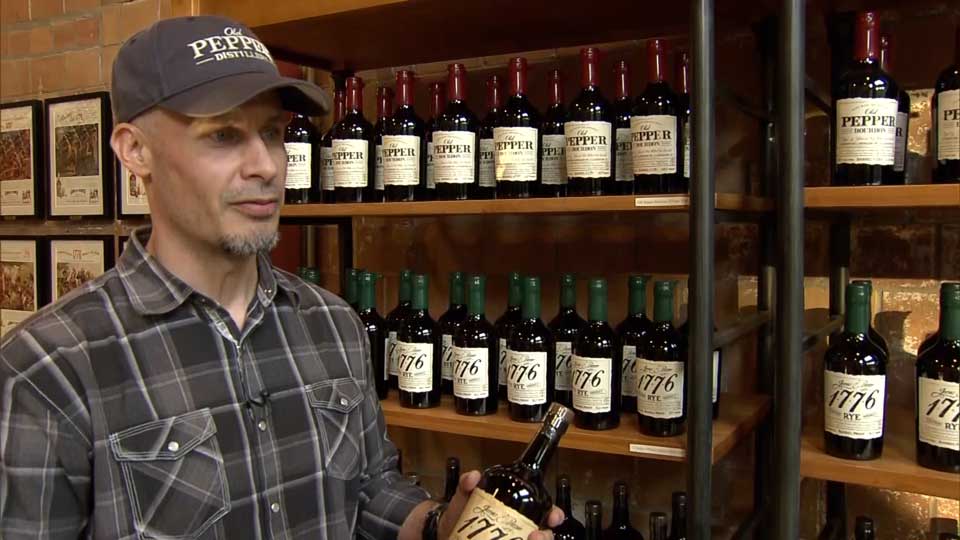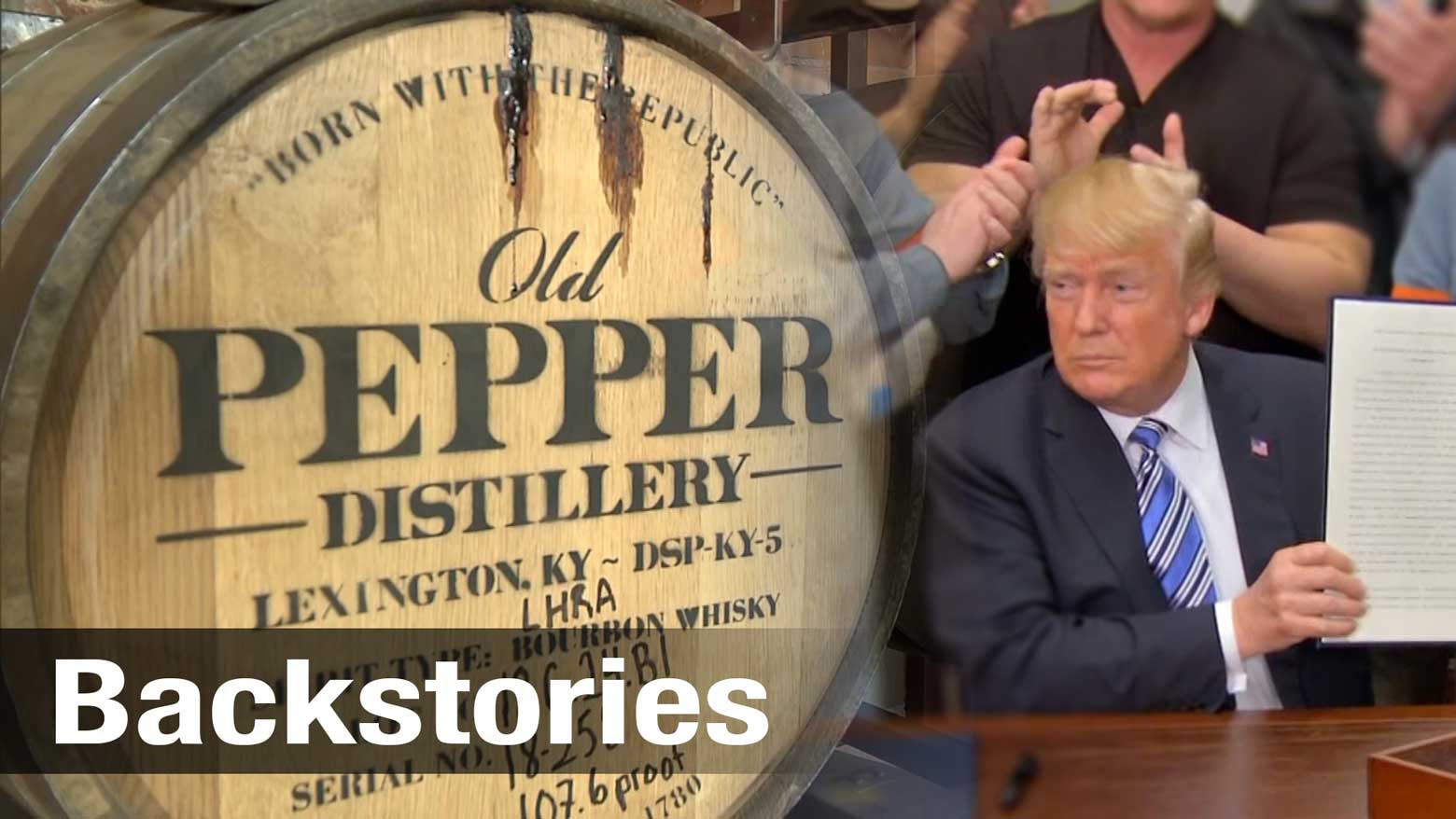Founded in 1780 by the Pepper Family, the James E. Pepper brand quickly became the whiskey of choice in the Bluegrass State. But when the bourbon industry hit hard times in the late 1950s, the distillery was forced to close.
But Peay, an entrepreneur and bourbon aficionado, fell so in love with the brand’s history that he acquired the rights and spent years rebuilding the distillery. He relaunched in 2008.

By 2017, business was booming and Peay decided to expand into Europe. The region was becoming a promising market for bourbon. He reorganized the distribution network, invested in a warehouse in Europe and bought the 700-milliliter bottles that are standard for the European market.
But his plans came to an abrupt halt in June when the European Union imposed a 25 percent tariff on American whiskey and bourbon. The EU was hitting back after US President Donald Trump announced a 25 percent tariff on steel and 10 percent on aluminum.
Peay says he's frustrated that bourbon has been dragged into a trade war. “American whiskey exports to Europe have declined 21 percent year over year, which is obviously very bad news considering we were growing double digits in Europe for a lot of years,” he says. Approximately 20 percent of the distillery’s international sales have been negatively affected by the tariffs.

Peay isn’t alone. Robert Maron of the Distilled Spirits Council of the United States says he is disappointed that Bourbon producers are collateral damage in disputes that have nothing to do with them.
According to the Council, about 700 million dollars' worth of American spirits have been impacted by these retaliatory tariffs. Maron says they have seen a 14 percent decrease in global American whiskey exports and as a result, many distillers have lost contracts and export opportunities to Europe. He also says China has been expanding retaliatory tariffs that started with American whiskey in 2018, and now affect other spirit categories too.
The tariffs aren’t only hurting distilleries. They’re impacting the entire supply chain, including the farmers who provide the corn, rye and wheat to whiskey producers.
Add to that China’s 54 percent retaliatory tariff on US wine imports, and the trade war could see approximately 8,000 people in the US lose their jobs, including truckers, farmers, bartenders and servers. In the end, says Maron, the tariffs will hurt everyone.
To spur sales, Maron is looking at markets that might have been overlooked in the past, including Japan, Taiwan and Australia. As for Peay, he is continuing to use the distillery tours to attract a more diverse group of bourbon enthusiasts.
Watch Video: 02:53
Both men say lawmakers need to start negotiating to get the tariffs on American whiskey removed so that distilleries can get back to doing what they do best --sharing an American success story with the rest of the world.

